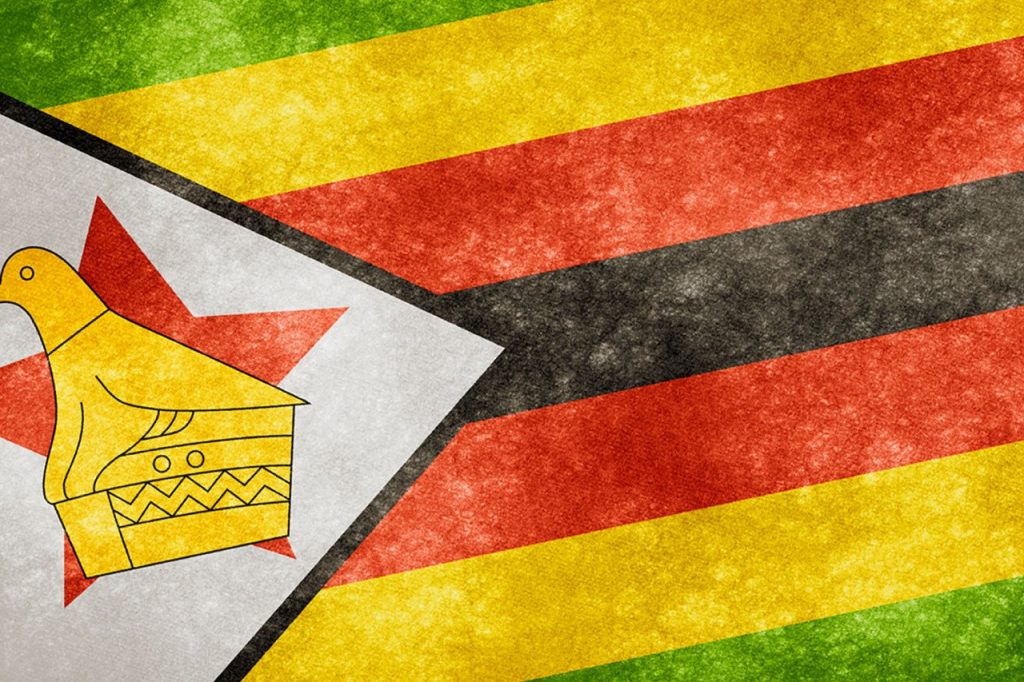TODAY marks Zimbabwe’s 42 years of independence with the country facing several headwinds, especially the never-ending political squabbling that has spewed economic challenges.
A promising nation at Uhuru in 1980, the country has been battling a political crisis for over two decades now that has seen most of its citizens wallowing in abject poverty.
The crisis is a result of many factors, but mainly the late former president Robert Mugabe’s over three decades of ruinous dictatorship, corruption and lack of statecraft after inheriting a strong economy from Prime Minister Ian Smith’s colonial government.
Mugabe’s iron-fisted Gestapo rule attracted sanctions from the United States and its western allies at the turn of the millennium and since then, the country has faced serious economic challenges.
For over two decades, the country has attracted very little foreign direct investments, no meaningful lines of credit and support from multilateral financial institutions.
The country witnessed massive closure of industries and businesses between 2000 and 2015. Workers were retrenched in thousands, while prices of goods and services shot up beyond the reach of many as Zimbabwe resorted to imports as a result of closure of industries.
The coming in of the Second Republic under the leadership of President Emmerson Mnangagwa in November 2017 gave a ray of hope to the long suffering Zimbabweans.
Yes, under Mnangagwa’s rule a lot of things have changed for the good, but they are yet to be felt by the ordinary people.
There has been massive infrastructural development and rehabilitation and the economy has shown signs of improvement, which have been acknowledged by both the World Bank and the International monetary Fund.
Mnangagwa, despite a few hitches, has further opened up the democratic space by embarking on economic and political reforms. Some Draconian laws have been abrogated from the country’s statutes.
The Second Republic is pressing ahead with its foreign policy to engage and re-engage the international community.
While all these efforts are under way, the most critical challenge Mnangagwa must overcome if the country is to turn around and be counted as one of the progressive nations in the world is to bring Zimbabweans together to share one vision and same values.
Only unity of the people would bring change.
Dialogue among citizens is the only viable solution to all the challenges the country is facing.
As Mnangagwa takes to the podium today in Bulawayo today to mark Independence, we hope he will preach the language of unity, one vision and shared values.
